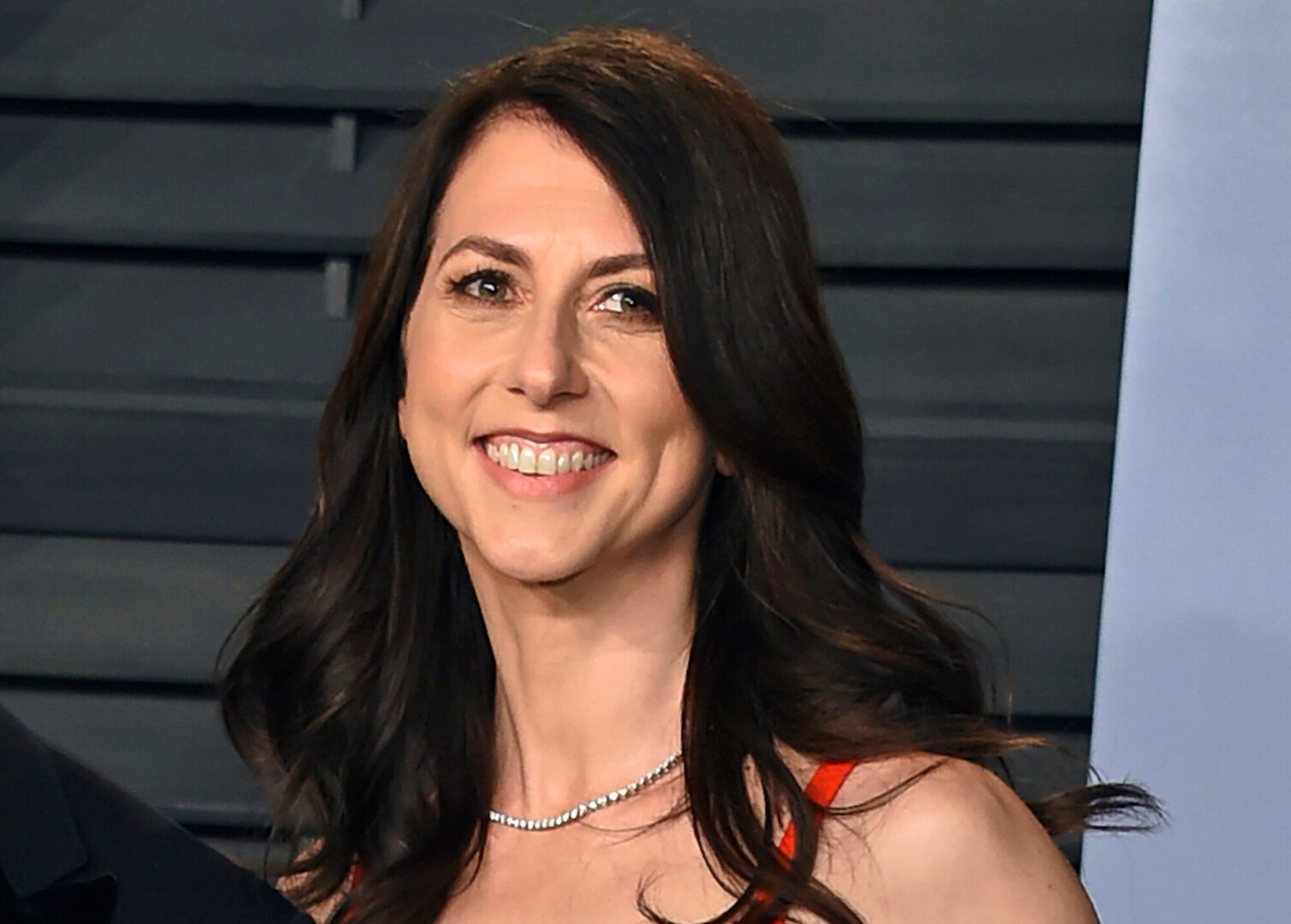By: Maria Di Mento – The Chronicle of Philanthropy – 6.1.2021
It’s too early to tell whether MacKenzie Scott’s approach to giving will create a sea change in how other ultrawealthy donors give or what they support.
When Scott gave $5.7 billion last year to more than 500 nonprofits, the philanthropy world took notice not only because of the eye-popping sum but because she gave seven- and eight-figure gifts to charities that rarely if ever see donations of that size. She also left it up to the nonprofits’ leaders to decide how to use the money, a practice billionaires from the tech world generally do not embrace.
Some experts say Scott’s giving could finally kill some rich donors’ love affair with “strategic philanthropy,” a style of goals-oriented, closely monitored, metrics- and evidence-based giving modeled on business and management practices that is glorified by ultrarich tech donors. Many wealthy donors flocked to this approach in the 2000s, but since then the trend has attracted criticism for its top-down approach and tendency to ignore frontline charity leaders’ expertise. Those criticisms have led to quiet discussions within the nonprofit world about donor arrogance at a time when income inequality has worsened.
Scholars like Megan Ming Francis say Scott’s style of giving could push other wealthy donors, especially those who want to back social-justice movements, away from that philosophy of giving.
“The influence of strategic philanthropy has been so pervasive, and it’s sucked up so much of the oxygen in the room, and in some ways, it’s limited the imagination of what a lot of funders think is actually possible,” says Francis, an associate professor of political science at the University of Washington who studies the intersection of philanthropy and racial- and social-justice movements. “What is so interesting about Scott’s giving is that it adds oxygen to that room and helps to expand the list of possibilities that are actually on the table.”
Francis says that before Scott gave to a number of smaller, Black-led nonprofits fighting for racial equity, she wondered if it was possible for a big foundation or a very wealthy donor to want to give to such nonprofits. Those groups often lack the staff and back-office operations that a big, established nonprofit, like the NAACP’s Legal Defense and Educational Fund, for example, would have.
“Before she funded, for example, Prairie View [A&M University], I didn’t think that was possible,” Francis says, referring to Scott’s $50 million gift to a historically Black university in Texas. “As somebody who focuses on the Black-freedom movement in philanthropy, I probably would have said that’s like a 3 to zero percent chance.”
Transparency Debate
Scott’s generosity has largely been lauded. The criticisms about her giving mostly revolve around whether Scott has been transparent enough about her philanthropy. Scott’s unwillingness to speak publicly about her giving — beyond what she wrote in two Medium posts in July and December — or provide a way for nonprofits to apply for her support frustrates some nonprofit leaders and philanthropy experts.

That lack of transparency and infrastructure has also made it much easier for con artists to impersonate Scott and prey on vulnerable people, according to a report in the New York Times. In response, Scott recently added a note to her Twitter profile that says, No one representing her or her giving will ever ask anyone to pay a fee or submit personal information. She also included a link to a Federal Bureau of Investigations website where people can report scams.
“It’s totally MacKenzie Scott’s right to give in this way,” says Phil Buchanan, president of the Center for Effective Philanthropy. “But for nonprofits who want to be able to make the case that they would be a worthy recipient, there’s not really a way for them to do that.”
Ben Soskis, a historian who has spent his career studying philanthropists, says Scott’s approach to giving and her decision to stay in the background as much as she can has positives and negatives that are worth debating — especially since the scale of her giving is so big and will likely grow.



